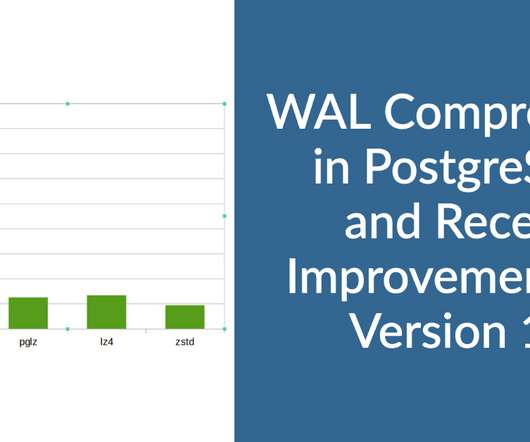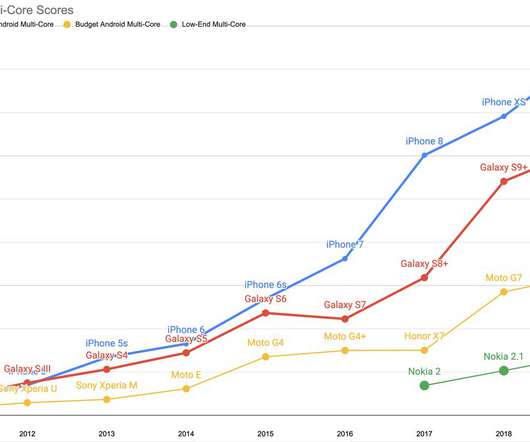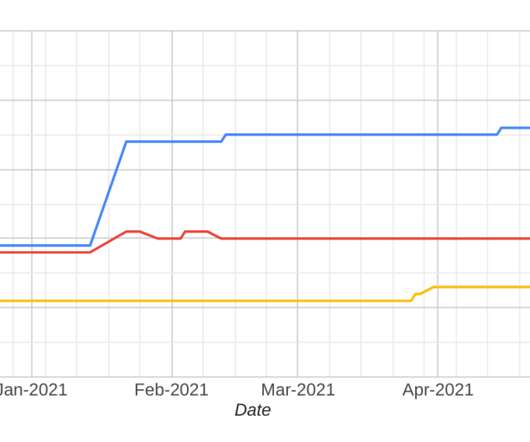SQL Server 2016 – It Just Runs Faster: Always On Availability Groups Turbocharged
SQL Server According to Bob
SEPTEMBER 26, 2016
When we released Always On Availability Groups in SQL Server 2012 as a new and powerful way to achieve high availability, hardware environments included NUMA machines with low-end multi-core processors and SATA and SAN drives for storage (some SSDs). This chart shows our scaled results using a OLTP workload derived from TPC benchmarks.












Let's personalize your content